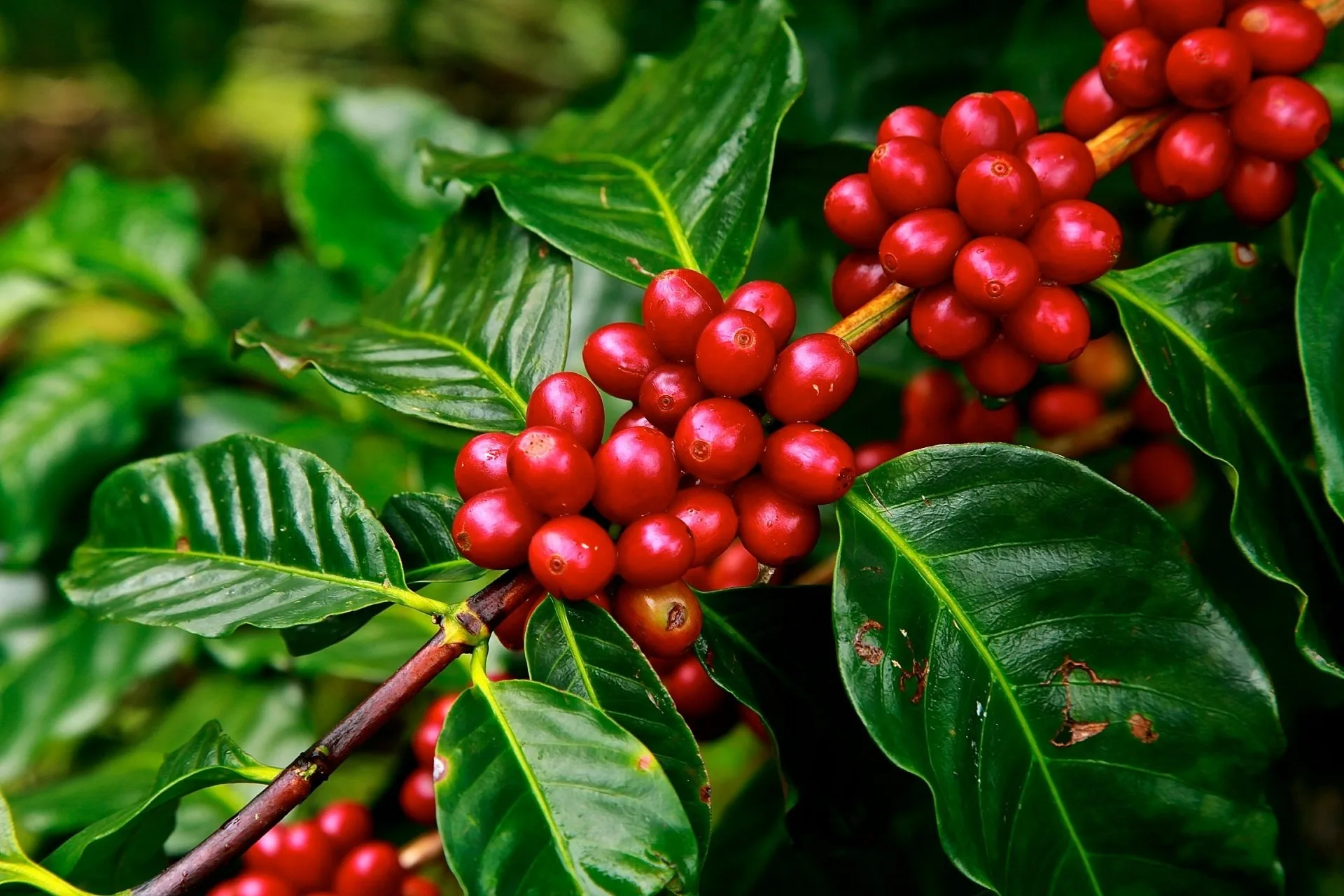Chia, quinoa and even acai berries. Aside from growing into beloved superfoods, these foods have one other thing in common – they all hail from South America.
Native to South America, the Mayans and Incas are considered some of the healthiest people in history. This is due to the nutrient-rich diets that they eat. That being said, a lot of health-driven individuals have begun to incorporate South American superfoods into their diets due to the plethora of health benefits they provide.
If your diet wasn’t already rich in berries and other foods native to South America, read on to discover why it should be.
South American Superfoods
Açai berries
When it comes to superfoods and berries, açai berries are definitely top of that list.
Native to Brazil and emerging from the açai palm tree, this reddish fruit can be found in smoothies and juices and can also be purchased in powdered form.
Aside from being incredibly rich in antioxidants, açai berries also contain healthy fats, fiber, vitamins A, D, and E as well as magnesium.
Their nutrient density has been linked to a number of health benefits that include a lower risk of heart disease and cancer (1,2).
If you’re looking to incorporate these berries into your diet, try our easy and delicious açai berry bowl recipe.
Camu Camu
These fruits, also available in powder form, are one of the richest sources of vitamin C out there. In fact, they contain more than 40 times the amount of vitamin C found in oranges.
Hailing from the Amazonian forest, Camu Camu are sour reddish berries. They can help to boost your immune system, neutralize free radicals and protect the body against neurodegenerative diseases. According to a study published in the journal Nutrients, vitamin C can play a role in preventing the development of Alzheimer’s disease.
Lucuma
A Peruvian sweet superfood, lucuma is packed with both flavors and antioxidants.
Being low on the glycemic index, lucuma, when in powdered form, can be used as a healthy sweetener without the risk of heightened blood glucose levels. Moreover, the fruit is also a good source of calcium, iron, and the carotenoid beta-carotene.
Beta-carotene is an antioxidant that is converted to vitamin A in the body and. As a result of the conversion, it helps to maintain skin health, the immune system, and eye health. According to one study, beta-carotene can help to prevent macular degeneration and loss of vision.
Maca
A Peruvian root and adaptogen, maca is a rich source of calcium, zinc, iron, magnesium, selenium, and B vitamins.
Maca can help to boost energy and alleviate stress as well as maintain bone health. Furthermore, the root, which is also available in powdered form, has also been linked to improving sexual health. The animal study, published in the journal Evidence-Based Complementary and Alternative Medicine, found that red maca helped improve the health of embryos in female rats.
Pichuberry – Uchuva
Affectionately known as the Incaberry, pichuberry is an antioxidant powerhouse that has been linked to a number of health benefits.
It contains 20 times the amount of vitamin C found in oranges. Additionally, this golden Chilean fruit is also packed with protein, B vitamins, and vitamin D. Unbeknownst to a lot of us, a vitamin D deficiency is quite common thus, aside from getting a daily, ten-minute dose of sunshine, pichuberries can also serve to protect you against said deficiency.
Moreover, pichuberry (which is also available in powdered form) can also decrease one’s risk for diabetes. How? By encouraging the production of insulin.
Sacha inchi
The Inca peanut is a great snack for those looking to improve their snacking habits.
Sacha inchi is a great source of omega fatty acids, fiber, vitamins A and E as well as iodine. It is technically a seed and consumable in powder form and oil capsules – The fatty acids found in the seed help to fight against depression and boost cognitive skills as well as protect against cardiovascular diseases (3,4,5).





3 Comments